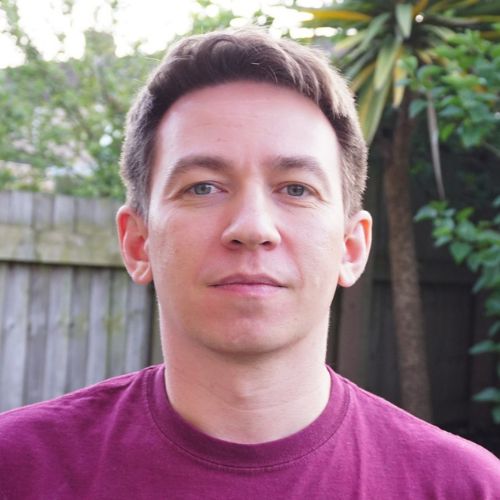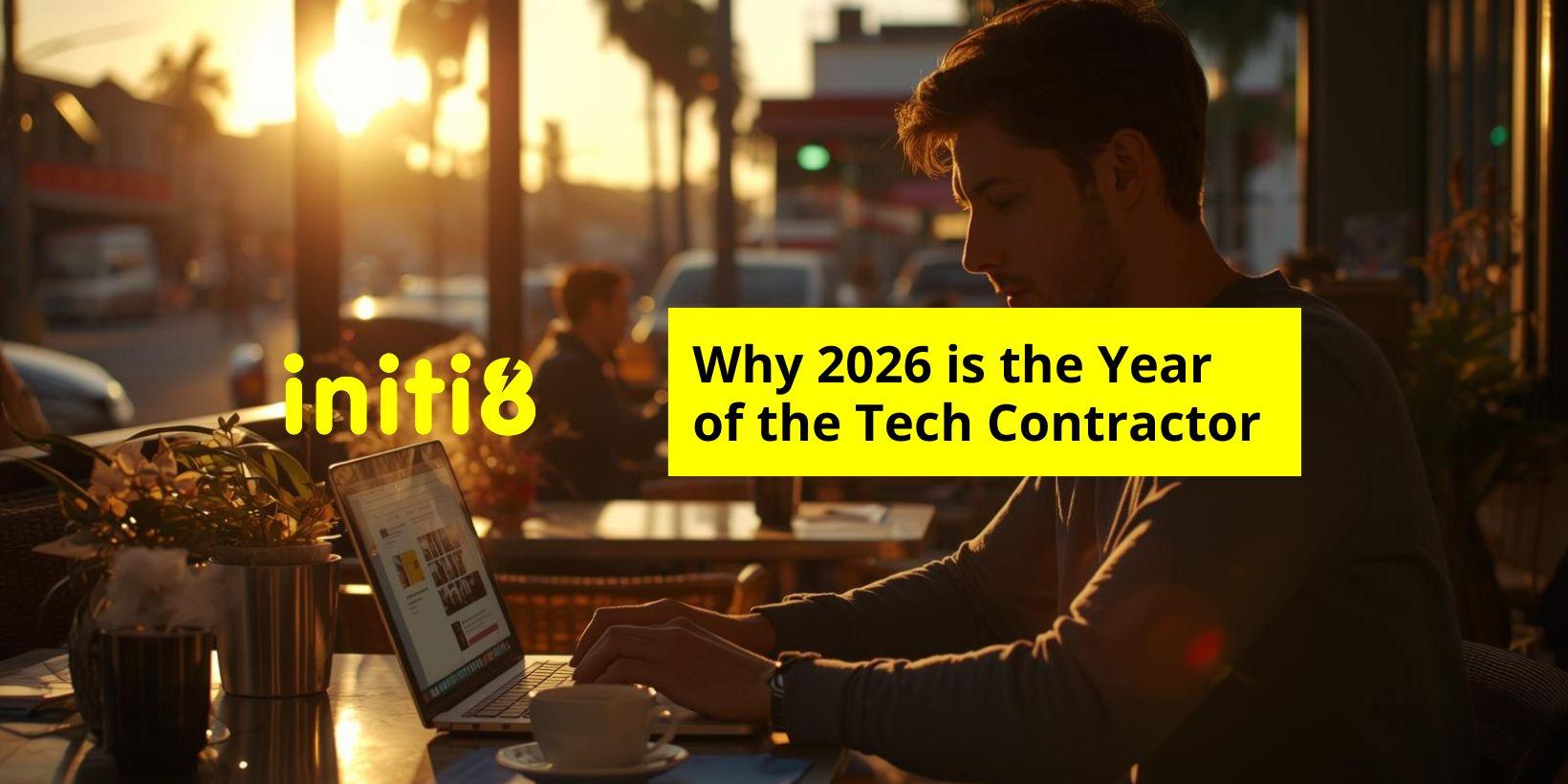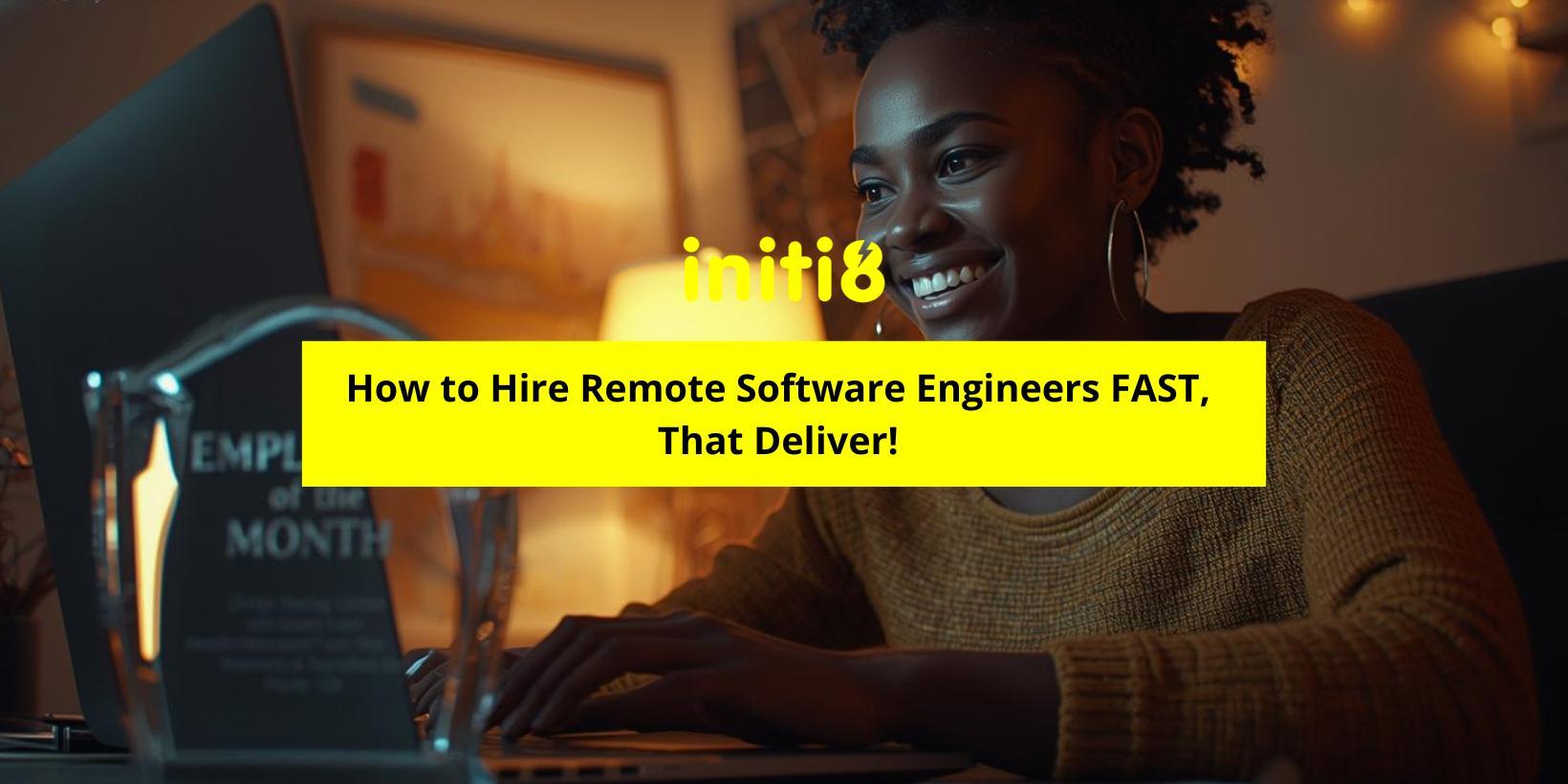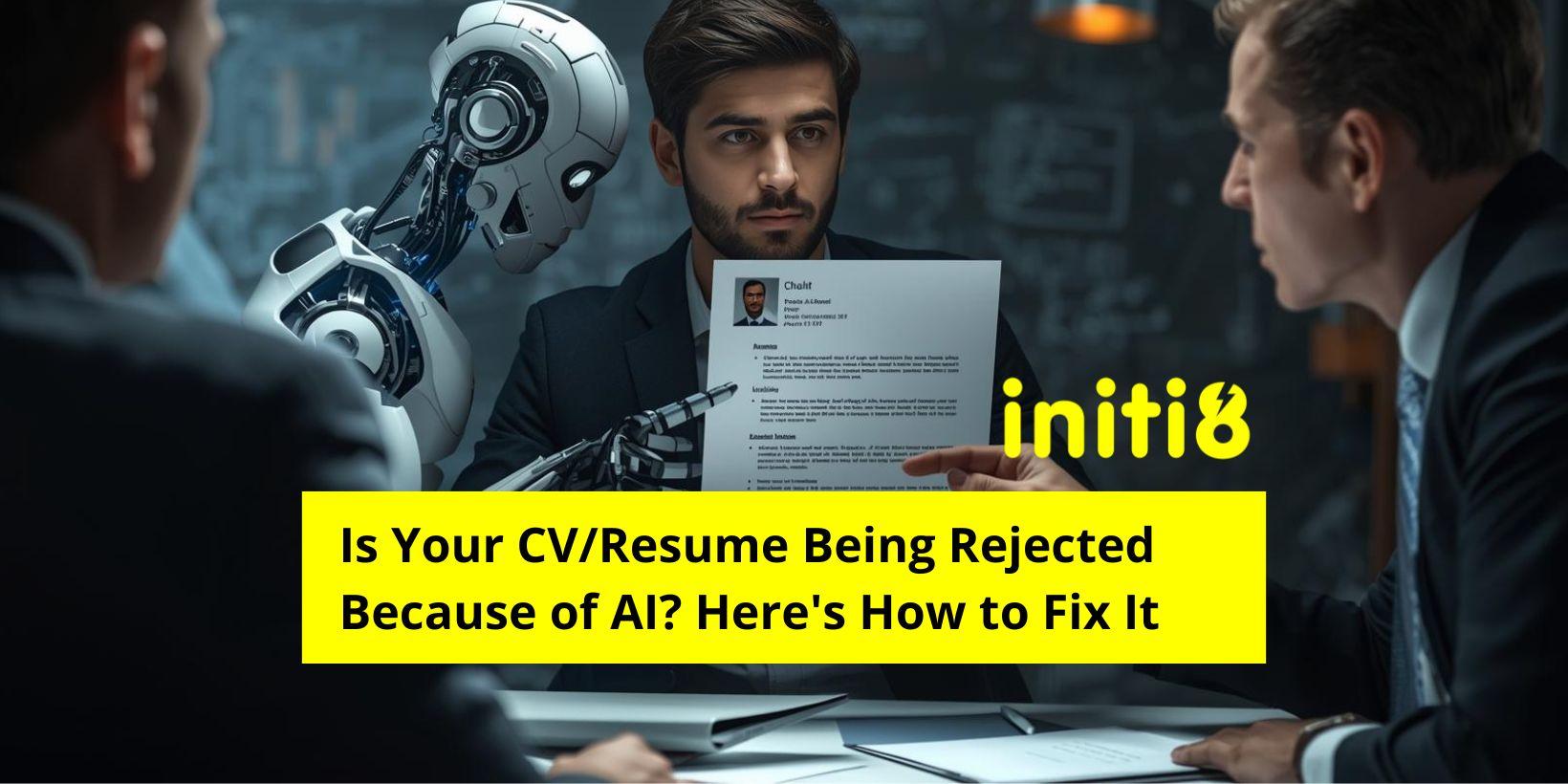
Hello there again,
With a rich background as a CTO and now a Tech Entrepreneur, Daniel started as a Software Engineer and is here to share some pearls of wisdom, that we hope will resonate with other aspiring software engineers everywhere. So, tune in as we delve into his journey and pick out valuable lessons that could help shape your own path in our ever-evolving world of technology.
Full Interview Transcript Below:
 1. Introducing Daniel Vartanov
1. Introducing Daniel Vartanov
Zak: I think we've known each other for now, I think it's three years. So it's a long time. I just wanted to jump on this to share to my network and hopefully, after this conversation, there's some insightful knowledge that you can pass on and tell people about your experience and help them along the way in terms of their career.
Zak: Well Daniel, So former CTO, staff level engineer CTO multiple times, and a successful startup. So tell us about your journey into tech.
Daniel: In my particular case, CTO is the one who is actually responsible for bringing the idea to life. Now sometimes it's called a serial CTO in startup world. It's also called technical co founder. Basically someone technical who is actually making things happen. That's who I am in corporate world.
Daniel: It works as well. It is the one who can implement the idea in the most cheapest way, in the most maintainable way, with business acumen in mind and so on.
So I started it like more than a decade ago. Obviously there would no success without, without failures. It is okay to fail in startup world and eventually eventually success came and one of Startups, which I co founded was acquired by amazon.
Zak: So tell us how did you find yourself? In wales, setting up your startup. Tell us a bit about that.
Daniel: Well sorry for sounding harsh, but for a startup, having an office in London is a suicide mission. You significantly reduce your chances to survive.
Daniel: So being based in a small town in Wales did increase our, our chances much cheaper, real estate, much cheaper everything. And obviously I started the team with the remote first approach. At some point I had software engineers being based in seven different countries, in 10 different cities for the sake of not competing with Google, Facebook and other big, big techs.
So my approach to find the best talent is to find underappreciated people and appreciate them. Those at whom Google and Facebook won't even look at, but you could find talent in them, appreciate them, hire them, pay them good money.
And that's the best collaboration I ever had.
Zak: Fantastic. Tell us a little bit about your Startup? That was very successful.
Daniel: Yeah, it was it, it was in the area of of e-commerce. There was no good ultimate solution for everything for the entire life cycle of a commercial order.
So we jumped on the mission to actually solve it. And as you see it did work well.
I'm one of those who love programming and loved it since childhood. And eventually I transformed it into my passion of changing the world with technology. So that was my way of changing the world.
2. What makes a successful CTO?
Daniel: Well, I would say that it's not only CTOs, like any, any software engineer would be a much better software engineer. If they develop entrepreneurial mindset, it's, it's crucial.
You won't believe how helpful it is to have business mindset. When developing software, when you really become a mature software engineer, when you realize that programming is not about computers, but about the people, it is the moment that clicks after which you become a mature software engineer.
3. What valuable lessons or experiences from your career, do you think, are valuable for other people?
Daniel: To be honest, I would just refer to the previous one - a hard realization that when we write code we need to keep a human.
Not a CPU in mind. So we are, we're programming, we're coding up for the silicon, but for biological life. And that in order to code, well, you need to understand the adjustment areas of those, why you're programming, what where the beginning of the pipeline and where is the end of it, how your code fits into the entire structure of producing something, which is valuable because again no matter who you are, a human or a business, you will earn money.
Only if you do something useful for other people for which they are willing to give you their hard earned money voluntarily.
Zak: Sort of drawing back, maybe how many years ago when you first started off as a Junior engineer or started programming..
Daniel: Well, I started in the world back in the day after dot com, a bubble burst. So there was there was no where near a huge market for software engineers. Even the state of the market right now is a thousand miles better than it was back in the day.
So, back in, back in the day despite being a passionate programmer who self taught, spent hours of my own time learning, learning programming, I didn't find a job as a junior engineer and I joined as a third line support engineer.
Daniel: That was my first job. But before that what helped me is that entrepreneurial mindset. I realized that instead of looking for a job of which not much existed back in the day, I started freelancing. So I started to look for people who are not looking for programmers, but looking for someone who can solve their problem.
And if I can solve the problem with programming, yeah, that works.
4. What advice would you give aspiring software engineers, or junior developers who want to advance their careers?
Daniel: I don't know whether it can work for you or everyone because it does require some investment, but the best thing I did in life I did for free.
I did open source programming or programming for public good. Or just mentoring junior engineers, like everything I did for free did return in the best possible way.
Now, the best opportunities I caught during my life were because I worked somewhere for free. Voluntarily, of course.
Zak: Amazing. So open source. I guess that kind of fits into like GitHub. How important would you say for someone to have a portfolio when you're hiring, if they had a portfolio or GitHub, does that set them apart?
Daniel: It is now, nowadays, it is no longer a prerequisite.
Back in the day, it was almost a prerequisite. So you could become a programmer only if it is in your heart, only if it is who you are.
Nowadays, software engineering is just yet another profession, yet another job. And therefore being super passionate about it is no longer a requirement, but it definitely can set you aside if your GitHub account shows that, wow, you're into it.
Zak: For sure. I think showing your passion and making sure it's not just a job.
5. What emerging technologies do you believe will have a significant impact on the future of software engineering?
Daniel: Nowadays, everyone will mention AI, but I won't because like back in the day we have this when the first high level programming language Fortran came to life. It was called the end of the programming because programming was changed forever.
Daniel: AI is no bigger than just the introduction of Fortran, the first high level programming language. It is not going to be transformative. What I would say, it is, it is somewhat hidden, but emerging.
It was announced recently that Intel is developing new hard drives, which will be as fast as RAM, as the memory, which will change everything like hardware, operating system, our programs, algorithms, there will be no longer memory versus CPU trade off.
There will be no such thing as booting loading, a loading of programs, programming languages.
So we'll change forever. Compilers, absolutely everything will be changed, will be changed because of that. And I'm excited to see this world. I am I'm so happy that I'm young enough to see it happen.
Zak: Amazing. And what kind of industries do you think that will affect the most?
Daniel: Oh, interesting. I would say this is such a fundamental change that it will shake up everything. The computing I hope will become cheaper. It means that more and more industries will be able to acquire automation. Don't forget that nowadays many projects don't even start because it would be just too expensive to develop a program and to compute it.
With that, I hope it'll become cheaper and more and more industries will be able to afford automation.
Zak: Oh, brilliant. That's not gonna take away any coding or anything like that.
Daniel: It'll still exist. Like just imagine for a number of years we will have to rewrite everything, including operating systems. We will need more codes to fulfill that. Fantastic. So my job is safe. There is no such thing as job security, but your job is safe.
6. You must have had some books, podcasts or anything that has influenced you along your career?
Daniel: I would name one technical blogger. Who seemed to have blogged even before I was born. His name is Joel Spolsky. His blog, Joel and Software was was founded even before the word blogging existed. So he was he was writing he's still, he's still there.
He was writing in the age of slow internet before Twitter. It was in the times when we all were still able to read beyond 280 symbols. And the most insightful things, which I was able to read. Being a very young software engineer, I do still recommend his blog.
7. If you weren't a software engineer, what career would you might have pursued?
Daniel: I think it will, it would be investigative journalism. Having, having bad, bad guys jailed, what could be better than that?
Big thanks to Daniel, it was amazing catching up with him again and to allow me the opportunity to share some of his experiences with you.
If Daniel helped to inspire you for the future of your own career and you would like to discuss your options or how we can help you develop and move forward , please contact me via zak@initi8recruitment.com and we can have a friendly chat.
Are you seeking a new role or even just thinking about it?
Sign up to our newsletter for Candidates
Find the latest tips, guides and job hunting secrets within the tech industry, direct to your inbox each month.
Simply drop your email address below to subscribe:
Author
Zak
Date
07 March 2024




